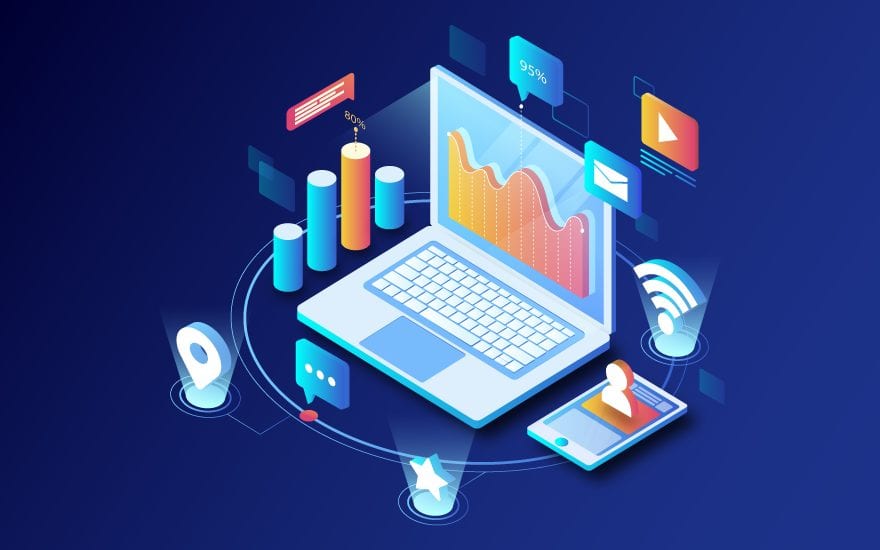In today’s rapidly evolving world, a Bachelor of Technology (B Tech) degree offers a multitude of career opportunities across various industries. As technology continues to shape our daily lives and drive innovation in businesses, the demand for skilled professionals with a B Tech degree remains high. Whether you’re passionate about engineering, information technology, or any tech-related field, earning a B Tech degree opens doors to a diverse range of career paths and specializations.
Understanding the B Tech Degree
A Bachelor of Technology degree is typically a four-year undergraduate program that focuses on the practical application of technical knowledge and skills. Unlike a Bachelor of Science (BSc) degree, which may emphasize theoretical aspects, a B Tech degree program often includes hands-on training, industry internships, and projects designed to prepare students for real-world challenges.
Career Paths After B Tech
1. Engineering Roles
One of the most common career paths for B Tech graduates is in engineering. Depending on your specialization—whether it’s civil engineering, mechanical engineering, electrical engineering, or another discipline—you can work in various sectors such as construction, manufacturing, energy, automotive, aerospace, and more. Engineers are responsible for designing, testing, and implementing technological solutions that solve problems and improve processes.
2. Information Technology (IT)
With the rapid growth of digital transformation, B Tech graduates specializing in IT have numerous career opportunities. Roles in software development, cybersecurity, network administration, database management, and IT consulting are just a few options available. IT professionals are crucial for maintaining and enhancing technological infrastructure within organizations and ensuring the security and efficiency of digital systems.
3. Telecommunications
Telecommunications is another field that actively seeks B Tech graduates. With the expansion of mobile networks, satellite communications, and broadband internet, telecommunications engineers are in demand. They design, install, and maintain communication systems, ensuring seamless connectivity and data transmission.
4. Biotechnology and Pharmaceutical Industry
For B Tech graduates with a specialization in biotechnology or pharmaceutical engineering, careers in research and development, production, quality control, and regulatory affairs are prevalent. These professionals contribute to the advancement of medical treatments, agricultural innovations, and environmental sustainability through the application of technology in biological sciences.
5. Automobile Industry
Automobile engineers play a crucial role in designing and improving vehicles’ performance, safety, and fuel efficiency. B Tech graduates with a focus on automotive engineering can work in research and development, manufacturing, testing, and even marketing within this dynamic industry.
6. Robotics and Artificial Intelligence (AI)
As technology advances, so does the demand for professionals skilled in robotics and AI. B Tech graduates interested in these fields can work on developing autonomous systems, machine learning algorithms, robotic process automation (RPA), and other cutting-edge technologies that are transforming industries such as healthcare, finance, logistics, and more.
Skills Developed Through a B Tech Degree
Aside from technical knowledge specific to their field of study, B Tech graduates acquire essential skills that are highly valued in the workplace:
- Problem-Solving Abilities: Engineers and technologists are trained to identify issues and develop effective solutions.
- Analytical Thinking: The ability to analyze data, evaluate trends, and make data-driven decisions is crucial in many tech-related careers.
- Communication Skills: Whether working in teams or interacting with clients, effective communication is essential to convey technical concepts clearly.
- Project Management: Planning, organizing, and executing projects within deadlines and budget constraints are fundamental skills for successful tech professionals.
- Adaptability and Lifelong Learning: Given the rapid pace of technological advancements, continuous learning and adaptability to new technologies are vital for staying relevant in the industry.
Industry Trends and Future Outlook
The future looks promising for B Tech graduates as technological advancements continue to shape global industries. Key trends influencing career opportunities include:
- Digital Transformation: Industries are increasingly adopting digital technologies to enhance productivity, efficiency, and customer experience.
- Sustainability: There’s a growing emphasis on developing technologies that promote environmental sustainability, such as renewable energy solutions and eco-friendly manufacturing processes.
- Cybersecurity: With the rise in cyber threats, there’s a high demand for cybersecurity experts who can safeguard digital assets and infrastructure.
- Artificial Intelligence and Automation: AI and automation are revolutionizing industries by optimizing processes, reducing costs, and creating new job roles that require specialized technical skills.
Conclusion
A B Tech degree equips graduates with the knowledge, skills, and versatility to thrive in a wide range of industries and roles. Whether you aspire to be an engineer, IT specialist, researcher, or innovator, the opportunities are vast and evolving. By staying abreast of industry trends, honing your technical expertise, and cultivating essential soft skills, you can embark on a fulfilling career path that aligns with your passion for technology and contributes to shaping the future of innovation.
In conclusion, the journey with a B Tech degree is not just about acquiring technical knowledge but also about embracing continuous learning and adapting to the dynamic technological landscape. With the right skills and mindset, B Tech graduates are well-positioned to make significant contributions to society, drive technological advancements, and thrive in a competitive global economy.
